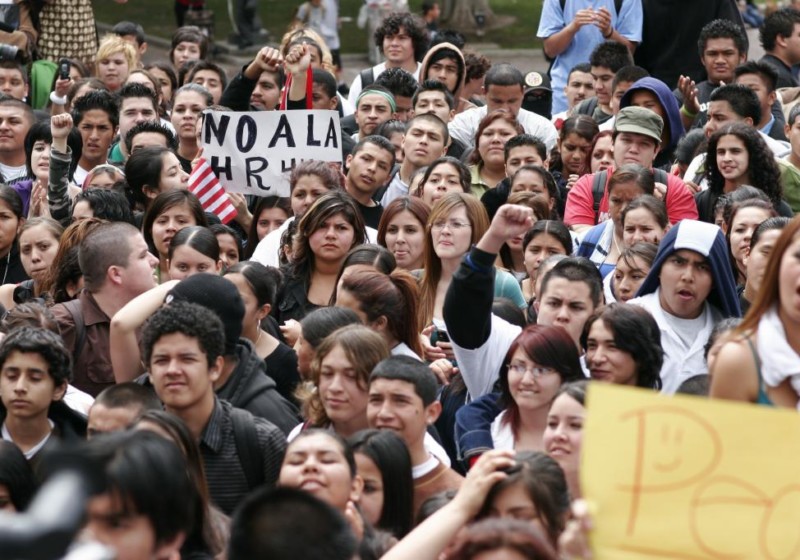Op-Eds
Trump
Why Trump is good for democrats
President Trump may seem bad now, but what the Republicans could have done without him would have been much worse, and what the Democrats can do once he’s gone will be much better than if they’d won in 2016.
1 Comment
cambridge analytica
Be patient with Facebook
A lot has happened with Facebook the past several months, so what should be our takeaway from all of this? Whether or not we want to admit it, Facebook is a central part of our society’s social fabric, so before we quit Facebook, let’s think about what happened this past week.
Guns
A sober look at mass shootings
Gun control has been in the news for the last few weeks because of the Parkland shooting, but there’s been a lack of critical analysis on what gun control would and wouldn’t accomplish, and what would really need to be done to stop mass shootings.
Education
We’re not well-rounded without the fine arts
In addition to specializing, there must be a requirement to expand one’s breadth of knowledge to other fields. In principle, most students probably agree that it is important to at least be informed about a wide range of topics.
Syria
Don’t forget Syria
I know that we are only human and that we are programmed to get used to events as they recur. But we should always remind ourselves of what is beyond numbers, any numbers — people. Behind each number is the destruction of the hopes and dreams of thousands of people.
equestrian
A dissent against Senate’s decision on Equestrian
Senators, readers, and anyone else who gives a damn about extracurricular activities at this school: All the team is asking you for is one more yes vote. It’s asking you to let it increase its own dues to pay for a sport that its members love. It’s asking you to give it the time to implement a sustainable funding solution. It’s asking you to let it keep existing. It’s asking you to give it a chance.
YellowJackets
YellowJackets’ service trip strikes a dissonant chord
The Yellowjackets trip is voluntourism at its very worst. It is a group of well-educated, primarily white men, traveling to a developing country so that they can take an Instagram picture with poor children, brandishing the hashtag #musicsaveslives. I'm sure the kids they “saved” will love the post.
Op-Eds
American pastures: reflecting on factions in U.S. society
Plato’s “Republic” is set in a seaside courtyard down at the port of Piraeus. There, in the shade of an…
Op-Eds
Dear undergraduates interested in graduate studies
It’s a symbiotic relationship, where you’re just starting your career and they’re trying to maintain theirs. They’ve made it, and you have everything to gain under their appropriate guidance.
1 Comment
Op-Eds
In defense of being mestizo
If there is something that is certain for most of us who are mestizos, it is that when we think…
